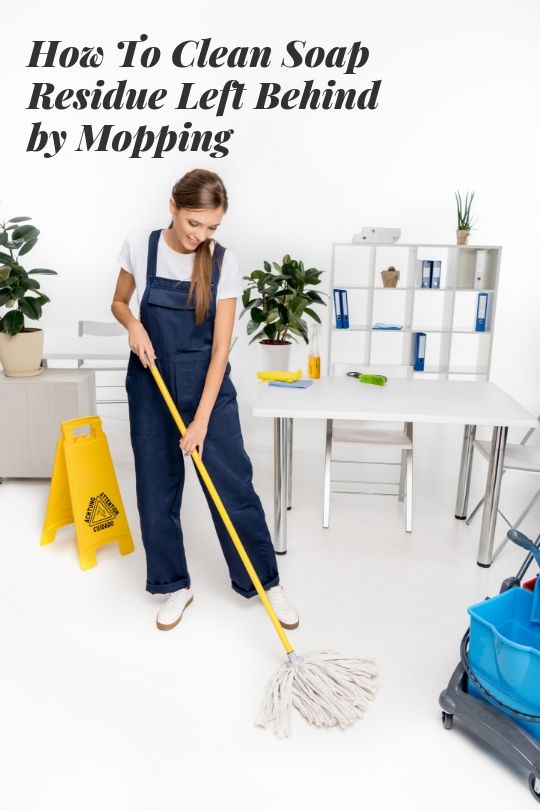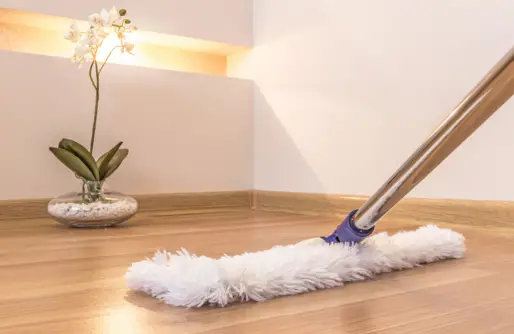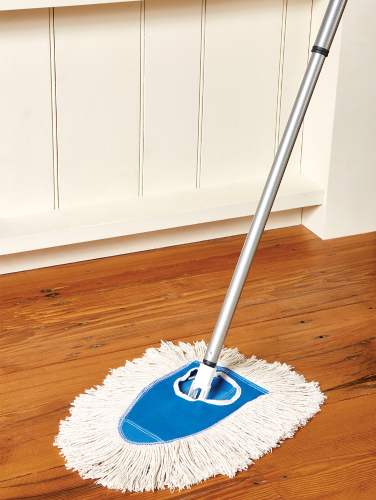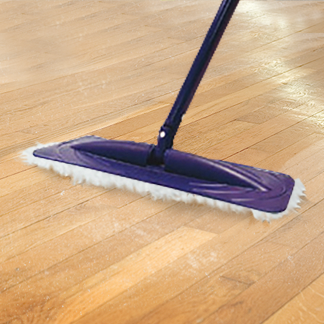Water left on floors can seep into the cracks and seams between floorboards or vinyl tiles or around the perimeter of the room.
Do you have to let a floor dry after mopping.
Let the floor air dry and hang the mop.
Mop buckets with built in wringers work well if you are using a string or strip mop but any bucket with a handle will work fine if you are using a sponge mop.
Dry mopping also known as dust mopping is one of the most effective ways of cleaning a hardwood floor if used often.
If you have a smooth floor a sponge mop will work well.
Clear the area before you start mopping.
The water that remains after this is done is usually going to dry in just a few minutes.
With the tips above you can be sure that your floors will not only be free from stickiness but shine.
Hardwood floors are prone to water damage making drying after mopping a necessity.
Cork and hardwood floors are prone to water damage making drying after mopping a necessity.
Move the bucket close to you so you can continue to wring the mop as you go along.
Water left on floors can seep into the cracks and seams between floorboards or vinyl tiles or around the perimeter of the room.
A natural cleaner will help to prevent strong odors.
Wait 10 minutes then rinse and.
If you have a floor with a lot of texture such as some ceramic tile floors you ll want the more classic string mop or a strip mop.
Squeeze the mop so it is no longer dripping and when you put it down on a wet floor it will pick up a lot of water.
Mopping your floor doesn t mean you have to leave behind a nasty residue on it.
You can but the closest most people will come to drying a floor after mopping is.
Each time you wipe a section you repeat these steps until you have the whole floor clean.
Air it out to ensure a germ free mop the next time you clean after its hard day s work soak your mop head in a mixture of bleach and water to disinfect it.
When you finish mopping the floor you should open a window or a door to let the floor air dry.
Use a relatively dry mop to pick up most of the water.
It will also eliminate the pesky stickiness that can linger around when you re done cleaning.
There s no point in cleaning the floor if you have obstacles such as large pieces of furniture in the way.
Water can cause substrate swelling adhesive bond failure or warping and twisting of wood.
Water left on floors can seep into the cracks and seams between floorboards or vinyl tiles or around the perimeter of the room.
Drying a floor after mopping prevents streaks and water spots.





























